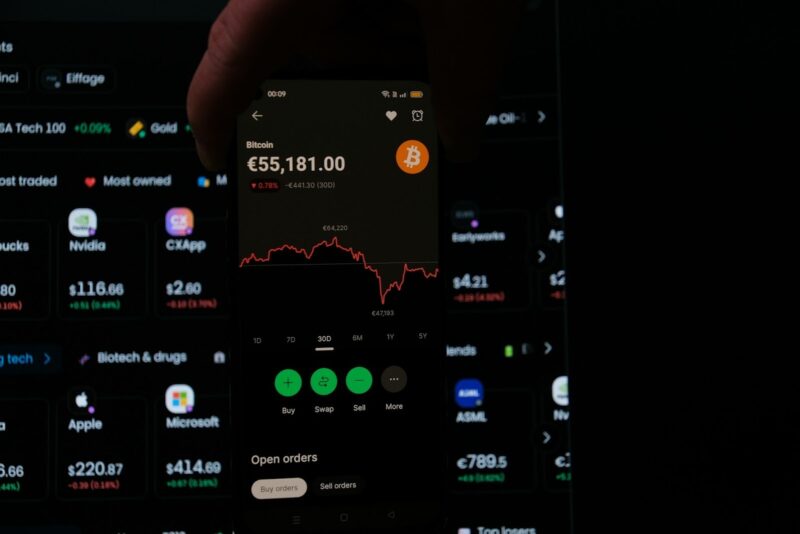Table of Contents
ToggleThe fintech space is changing fast, and blockchain is the force accelerating that change. As crypto adoption spreads beyond retail traders and into enterprise infrastructure, cryptocurrency solutions for fintech projects are becoming essential. Whether it’s seamless wallet creation, instant settlement, or enhanced security protocols, blockchain is no longer a buzzword — it’s becoming the backbone of next-gen finance.
The Integration of Blockchain into Fintech — Why is It Inevitable?
The integration of blockchain technology into fintech isn’t just hype — it’s a logical next step. Traditional financial systems still struggle with delays, intermediaries, and siloed data. Blockchain provides a transparent, secure, and programmable layer that eliminates many of these inefficiencies. With decentralized ledgers and smart contracts, fintech firms can process transactions faster, reduce operational risk, and build trust with fewer middlemen.
And most importantly for businesses, crypto tools are no longer limited to speculation. A crypto business wallet, for example, enables companies to manage their on-chain treasury, settle payments globally, and integrate with various DeFi and Web3 services — all from a single interface. As crypto operations scale, fintech firms also need compliant financial tooling, making it crucial to choose the crypto tax software that can accurately track transactions, automate reporting, and support evolving regulatory requirements.
Blockchain’s Role in Fintech — Tasks That are Now Solved Easier than Ever
Let’s talk use cases. The blockchain’s role in the fintech industry is already visible in areas like real-time cross-border payments, automated compliance, and programmable escrow. Fintech startups are using blockchain to cut down processing time from days to seconds. Loan underwriting? Now handled by smart contracts using real-time on-chain credit scoring. Identity verification? Immutable KYC records on-chain allow faster onboarding while maintaining compliance.

These aren’t just theoretical improvements. They’re already in motion, and the benefits of blockchain — speed, cost-efficiency, and transparency — are pushing the envelope for what fintech can do.
Blockchain Solutions for the Fintech Industry — from Wallet Generation to OTC Desks
When we talk about blockchain solutions for the fintech industry, we’re looking at a full-stack toolbox. Here’s what’s powering the change:
Wallet address generation. Automated wallet creation allows fintech platforms to onboard users instantly with self-custodial or custodial options.
Liquidity solutions. Whether it’s via DEX aggregation or institutional liquidity providers, fintech apps can now ensure deep markets and tight spreads for users, even in volatile conditions.
Crypto APIs. From real-time market data to swap execution and account management, APIs are the glue connecting fintech apps to blockchain infrastructure.
OTC services. Over-the-counter desks cater to high-volume crypto transactions, offering privacy and minimized slippage, crucial for fintech firms handling large transfers or conversions.

Custody solutions. Secure asset storage with multi-sig, MPC (multi-party computation), and insurance coverage is a must-have for institutions managing user funds or company treasuries.
Security infrastructure. Blockchain enables tamper-proof records, smart contract audits, and 24/7 transaction monitoring, raising the bar on fintech security.
All of these components work together to streamline the integration of blockchain into fintech, removing technical and operational friction.
The blockchain implementation wave in fintech is already underway, and those who delay risk falling behind. From instant wallet provisioning to secure custody and real-time liquidity, the tech stack for integrating blockchain is mature, battle-tested, and ready to scale. For any fintech company aiming to stay ahead of the curve, embracing blockchain in fintech isn’t just a strategic move — it’s a competitive necessity.





